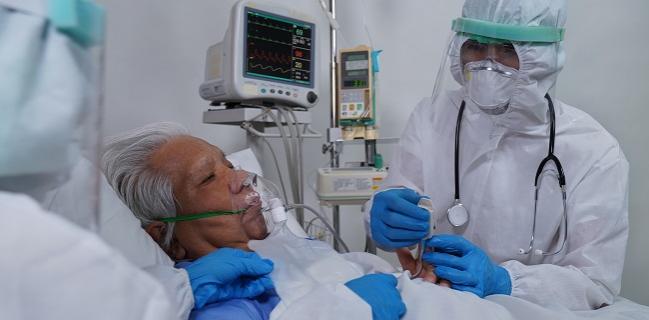New York: previous history of heart disease or cardiovascular risk factors, according to a new study.
While these instances are rare, doctors should be aware of this potential complication, said the team at Mount Sinai Hospital in the US.
“There were select individuals who developed new heart failure without risk factors or disease. We need to learn more about how SARS-CoV-2 (the virus that causes Covid-19) may directly affect the cardiovascular system and precipitate new heart failure – as to whether it is an indirect effect of critical illness or direct viral invasion,” said lead researcher Anu Lala, Director of Heart Failure Research at the Icahn School of Medicine at Mount Sinai.
For the study, published in the Journal of the American College of Cardiology, the team looked at electronic medical records of 6,439 admitted and confirmed Covid-19-positive adult patients between February 27 and June 26, 2020, at Mount Sinai Health System hospitals.
They found 37 patients (0.6 per cent) with no prior history of heart failure who developed new cases of heart failure. Of those new heart failure patients, eight of them (22 per cent) had no previous cardiovascular disease or risk factors, while 14 had a history of heart disease and 15 had no heart disease but at least one risk factor for it.
The eight patients with no prior history were younger with an average age of 43, mostly male, and had lower body mass index and fewer comorbidities such as respiratory or renal diseases.
These eight patients also had more instances of cardiogenic shock — a life-threatening condition where the heart suddenly can’t pump enough blood to the body. The patients who did have a history or risk factors for heart disease were, on average, 73 years old.
“Importantly, though symptoms of heart failure –namely shortness of breath– can mimic symptoms associated with Covid-19, being alerted to the findings of this study may prompt clinicians to monitor for signs of congestion more consistent with heart failure than Covid-19 alone,”Lala said.





































